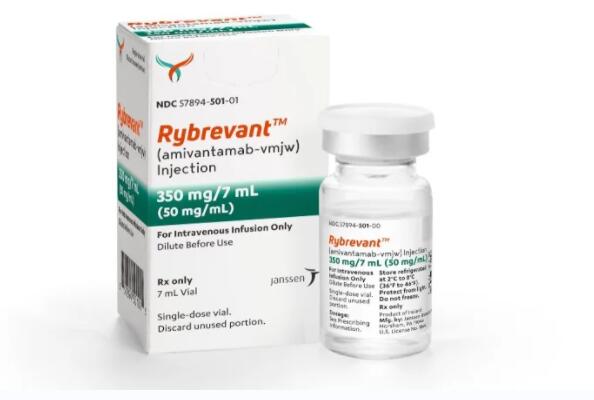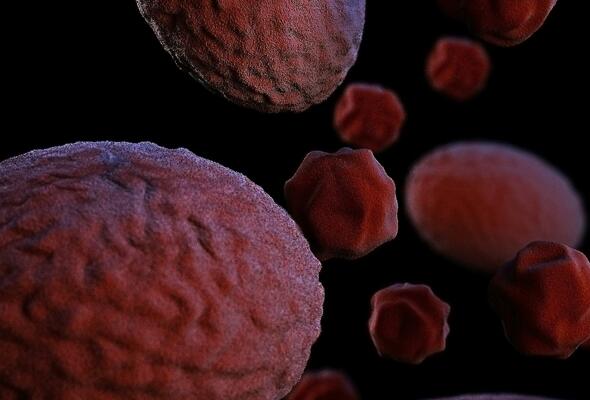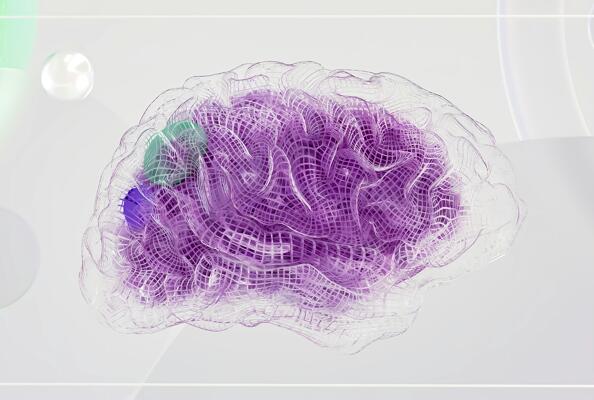
Recently, Johnson & Johnson (JNJ) announced that its developed bispecific antibody, Rybrevant (amivantamab), has received full approval from the U.S. FDA for its use in combination with chemotherapy (carboplatin and pemetrexed) for the first-line treatment of locally advanced or metastatic non-small cell lung cancer (NSCLC) patients.

Winter is the peak season for acute cardiovascular and cerebrovascular events. Cold weather can lead to elevated blood pressure and cerebral vasospasm, increasing the likelihood of cerebrovascular disease. Myocardial infarction and sudden cardiac death are also associated with cold temperatures. Studies have shown that for every 1°C...
Winter is the peak season for acute cardiovascular and cerebrovascular events. Cold weather can lead to elevated blood pressure and cerebral vasospasm, increasing the likelihood of cerebrovascular disease. Myocardial infarction and sudden cardiac death are also associated with cold temperatures. Studies have shown that for every 1°C decrease in temperature, the incidence of heart disease increases by approximately 2%. Traditional treatment strategies typically involve methods such as reducing fat, improving metabolism, dilating blood vessels, or clearing vascular blockages. However, these strategies still have many limitations.

Diabetes, referred to as 'Xiaoke syndrome' in traditional Chinese medicine in China, has been documented in classic Chinese medical texts such as the 'Huangdi Neijing' and 'Lingshu' as early as around 400 BC. It refers to type 2 diabetes mellitus (T2DM), characterized by symptoms such as polydipsia, polyphagia, polyuria, as well as...
Diabetes, referred to as 'Xiaoke syndrome' in traditional Chinese medicine in China, has been documented in classic Chinese medical texts such as the 'Huangdi Neijing' and 'Lingshu' as early as around 400 BC. It refers to type 2 diabetes mellitus (T2DM), characterized by symptoms such as polydipsia, polyphagia, polyuria, as well as emaciation, fatigue, and sweet urine. According to traditional Chinese medicine, the pathological mechanism of 'Xiaoke syndrome' involves the dysfunction of the lungs, stomach, and kidneys, with the underlying pathology being the consumption of Yin and fluids and an excess of dryness and heat. Symptoms persist for a long time until the condition becomes uncontrollable.

Neurological diseases encompass a range of conditions that affect the normal functioning of the human nervous system, such as Alzheimer's disease, Parkinson's disease, and spinal cord injuries. These ailments significantly impact the quality of life and health of patients, causing profound suffering not only to those afflicted but also to their...
Neurological diseases encompass a range of conditions that affect the normal functioning of the human nervous system, such as Alzheimer's disease, Parkinson's disease, and spinal cord injuries. These ailments significantly impact the quality of life and health of patients, causing profound suffering not only to those afflicted but also to their families and friends, casting enduring psychological shadows on all involved











